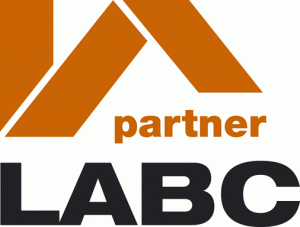| the Christopher Huntpractice architectural and building design for residential development |
|
Site
Menu
 |
|
|
Home Building laws
The laws relating to home building in the UK are normally governed by government bodies or agencies such as the Building Regulations and Planning Control being the two major ones. Other factors are also usually relevant within the term 'home building laws' such as compliance issues and targets for things like energy use, air leakage, sustainability etc. The Building Regulations set standards for design and construction which apply to most new buildings and many alterations to existing buildings in England. Their role is to:
The Code for Sustainable Homes (the Code) is the national standard for the sustainable design and construction of new homes. The Code aims to reduce our carbon emissions and create homes that are more sustainable. It applies in England, Wales and Northern Ireland. It is entirely voluntary, and is intended to help promote higher standards of sustainable design above current Building Regulations minima. The Code measures the sustainability of new homes against nine categories of sustainable design, rating the 'whole home' as a complete package. It covers energy/CO 2 , water, materials, surface water runoff (flooding and flood prevention), waste, pollution, health and well-being, management and ecology. NOTE - These are general discussion articles only.
|
Christopher Hunt MCIAT is not an Architect or a member of the RIBA but a Chartered Architectural Technologist - a professional building designer specialising in residential development from home extensions to new builds including conversions and refurbishments. He is a full member of CIAT which is a different and alternative qualifying body for professionals dealing with building design. If you specifically want an Architect click this link Home page About us Previous schemes gallery Client guides Client options after approval Construction News CIAT News Resources Home Building Contact Us Site Map |
|
|
|
|
Client Area:- Visit our Social Network Pages |
|
|
Work Areas
Residential development for household extensions, conversions and new dwellings. Measured surveys and roof inspection reports. Drawing plans on cad and specifications for planning permission, planning consent, planning approval, local authority approvals, building surveys and party wall act. Chartered Architectural Technologists belong to CIAT (the Chartered institute of Architectural Technologists). Key search phrases include - building designers, extend your home, extension guide, permitted development, planning advice, planning guide, planning gain. |
|
|
Article of the month:- Home building design ideas....
|
This page last updated:
© Copyright Christopher Hunt 2014. All Rights
Reserved.
|







